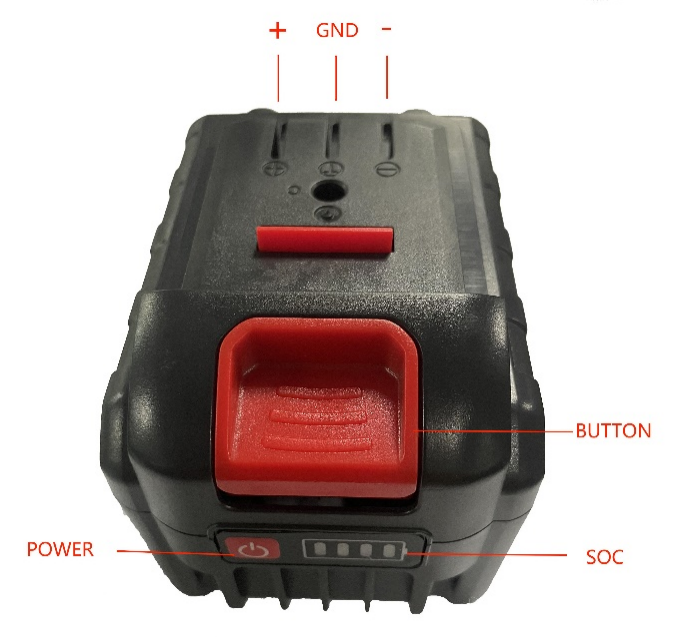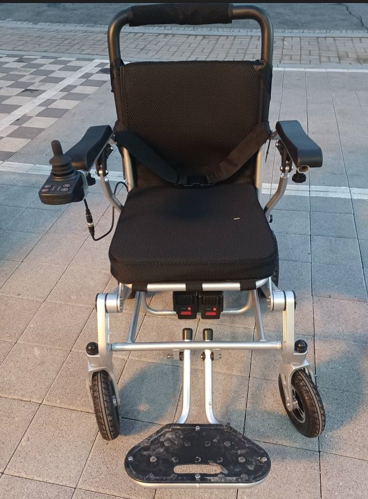Can Lithium-Ion Batteries Become Overcharged?
Can Lithium-Ion Batteries Become Overcharged?
Yes, lithium-ion batteries can become overcharged if they are not properly managed during charging. Overcharging occurs when the battery is continuously supplied with more voltage and current than it can safely handle.
Lithium-ion batteries have a maximum voltage limit beyond which they should not be charged to prevent damage and ensure safety. Exceeding this voltage limit can lead to various issues, including:
1. Reduced Battery Lifespan: Overcharging can cause the formation of metallic lithium on the anode, which can compromise the battery's capacity and overall lifespan over time.
2. Safety Concerns: Overcharging can result in the buildup of excess heat within the battery, leading to thermal runaway—a condition where the battery's internal temperature increases rapidly, potentially causing the battery to catch fire or explode.
3. Degradation of Electrolyte: Prolonged exposure to high voltages can degrade the battery's electrolyte, leading to decreased performance and potentially hazardous conditions.
To prevent overcharging, lithium-ion batteries typically incorporate protection circuitry, which monitors the battery's voltage and controls the charging process. Once the battery reaches its maximum voltage threshold, the protection circuitry cuts off the charging current to prevent overcharging.
Additionally, modern chargers often incorporate smart charging algorithms that optimize charging speed while ensuring that the battery is not overcharged. These chargers may employ techniques such as pulse charging, voltage monitoring, and temperature sensing to prevent overcharging and maximize battery safety and lifespan.


 English
English
Home Energy Storage with Solar Panels: How Does It Work
As homeowners look for cleaner and more reliable ways to power their homes, combining solar panels with a home energy storage system has become an increasingly popular solution. This integrated approach allows households to generate, store, and use their own electricity, reducing dependence on the traditional power grid while improving energy resilience.
Read MoreCan a Home Battery System Power My House During a Blackout
Power outages caused by extreme weather, grid failures, or maintenance issues are becoming more frequent in many regions. As a result, homeowners are increasingly asking whether a home battery system can keep their house running during a blackout. The short answer is yes—but how much of your home it can power and for how long depends on several key factors.
Read MoreHow Much Does a Home Energy Storage System Cost
As energy prices fluctuate and renewable energy adoption accelerates, home energy storage systems are gaining attention from homeowners seeking greater energy independence and reliability. One of the most common questions is: how much does a home energy storage system actually cost? The answer depends on several factors, including system size, battery technology, installation requirements, and intended use.
Read More